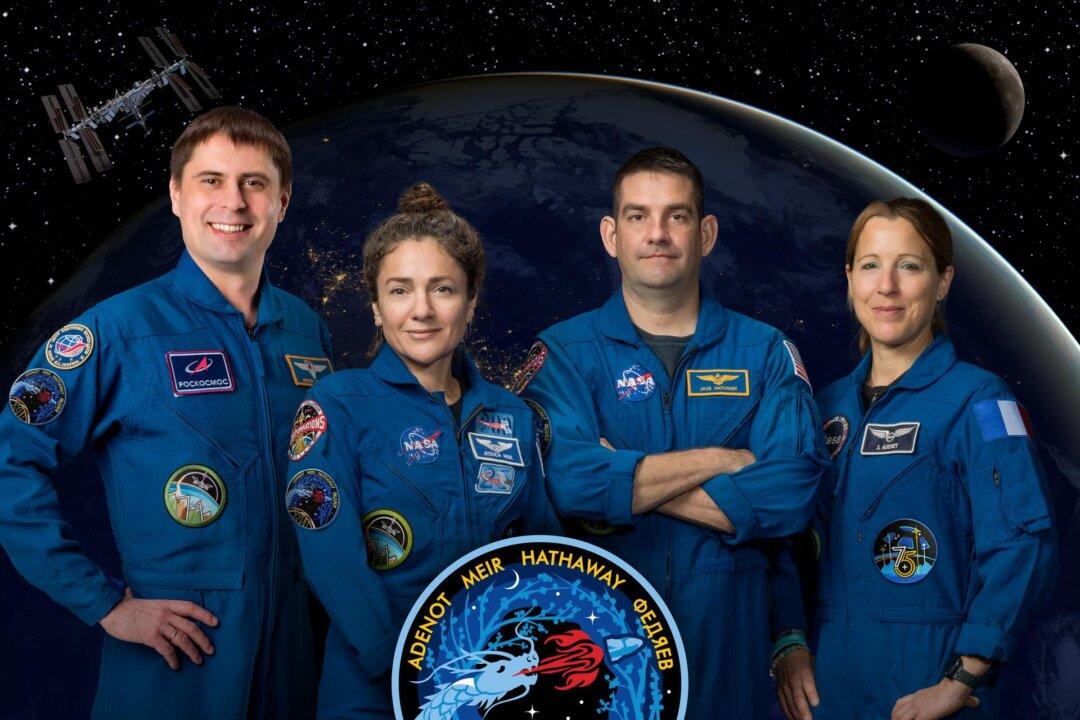Walt Disney World’s new district government took further action this week to make clear its goal to be free of the Magic Kingdom’s influence in all of its decision-making.
Board members also made clear their intention to insulate against pressure from any other outside influences and personal interests, including those that could come from state officials.





